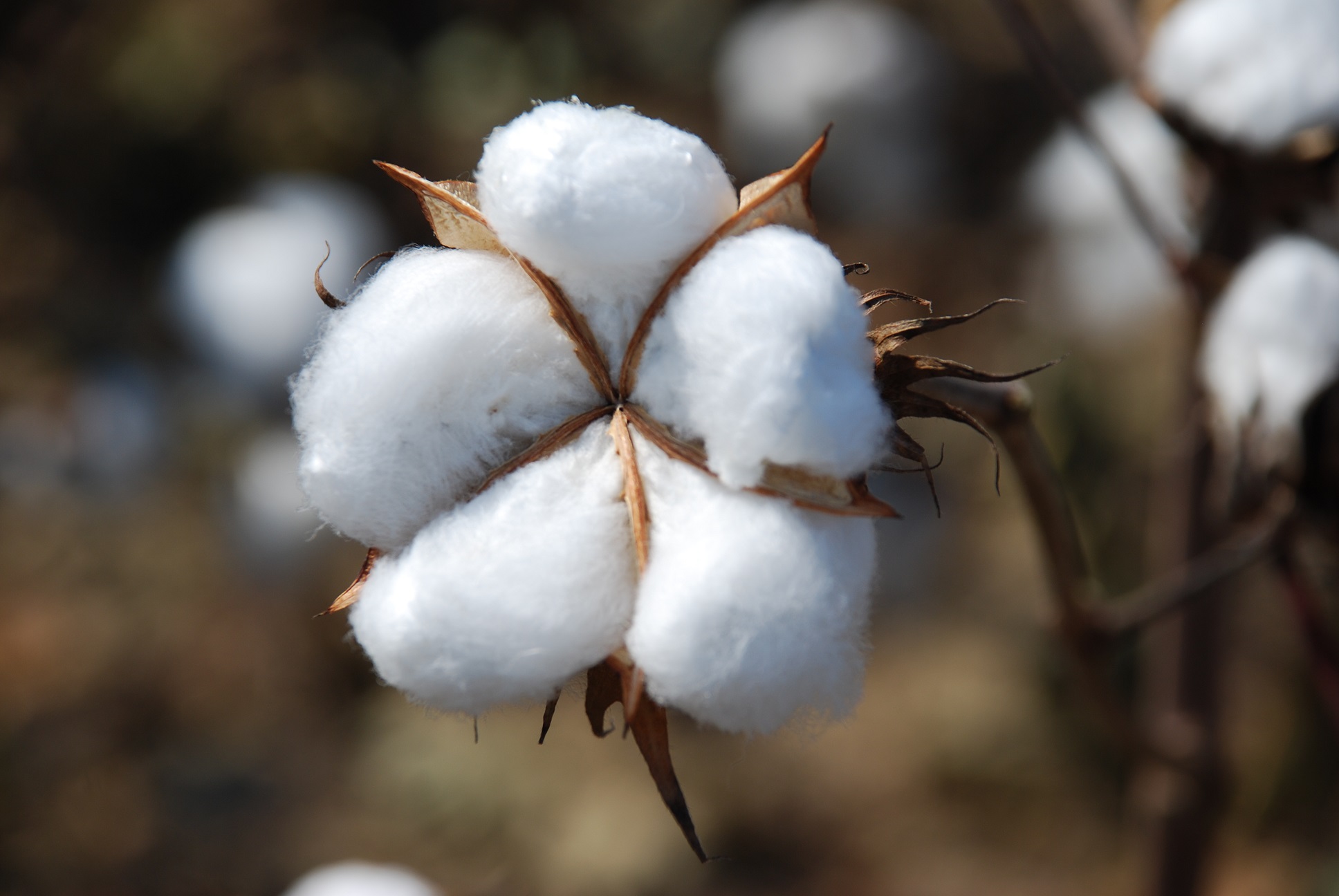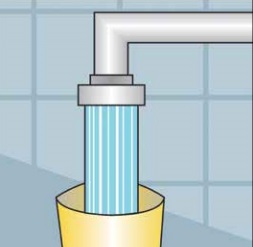Agriculture & Natural Resources

What is a UGA Georgia Extension Agriculture Agent?
An agent extends lifelong learning to the people of Georgia through unbiased research-based education in agriculture, the environment and communities.
They also help Georgians become healthier, more productive, financially independent and environmentally responsible by staying in touch with issues relevant to people in local communities.

Soil Testing For the Home Lawns and Gardens
Ensure your soil is productive! Get a soil test to determine the amount and kind of nutrients that should be added for the best growth of lawn, garden and other types of plants.
 Household Water Quality Publications
Household Water Quality Publications
Water from wells in Georgia is generally safe for consumption without treatment. Some waters, however, may contain disease-causing organisms that make them unsafe to drink. Well waters may also contain large amounts of minerals, making them too “hard” for uses such as laundering, bathing or cooking. Some contaminants may cause human health hazards and others can stain clothing and fixtures, cause objectionable tastes and odors, or corrode pipes and other system components.
Pecan Updates
The UGA Pecan Extension Blog is designed to provide timely information relevant to pecan production in Georgia for use by county extension agents and pecan producers.

